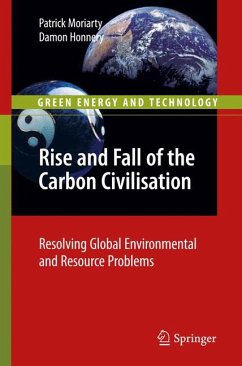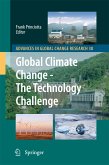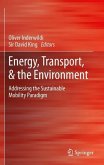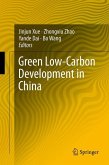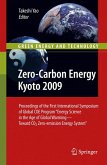Further, proposals for solution of these problems often focus at the national level, when the problems are global. The authors argue that the various challenges the planet faces are both serious and interconnected. Rise and Fall of the Carbon Civilisation takes a global perspective in its treatment of various solutions: . renewable energy; . nuclear energy; . energy efficiency; . carbon sequestration; and . geo-engineering.
It also addresses the possibility that realistic solutions cannot be achieved until the fundamentally ethical question of global equity - both across nations today and also inter-generational - is fully addressed. Such an approach will also involve reorienting the global economy away from an emphasis on growth and toward the direct satisfaction of basic human needs for all the Earth's people.
Rise and Fall of the Carbon Civilisation is aimed at the many members of the public with an awareness of climate change, but who wish to find out more about how we need to respond to the challenge. It will also be of interest to technical professionals, as well as postgraduate students and researchers, from the environmental and engineering science sectors.
Dieser Download kann aus rechtlichen Gründen nur mit Rechnungsadresse in A, B, BG, CY, CZ, D, DK, EW, E, FIN, F, GR, HR, H, IRL, I, LT, L, LR, M, NL, PL, P, R, S, SLO, SK ausgeliefert werden.
This is an exceptionally informative book, well structured and well written. Without being too long it covers all the relevant ground thoroughly.
The book is excellent in looking at all the details of energy sources, and shows realism in what is likely to be politically possible. Outstanding in many ways, and it is in sharp contrast to many popular articles and books based on starry-eyed optimism about what technology is likely to deliver.
Andrew Ferguson
Honorary Editor, OPT Journal, Optimisation Population Trust, Manchester UK.
"This brief volume seeks to document the consequences of a carbon-based economy, limitations to continued use of fossil fuels, and solutions to reduce the resulting climate change. It thus encapsulates information from the IPCC reports. ... This work contains a wealth of interesting material ... . The book's structure is coherent and systematic; the index appears accurate. Summing Up: Recommended. Lower-division undergraduates, two-year technical program students, general readers." (S. C. Pryor, Choice, Vol. 48 (8), April, 2011)
"Key aspects of global environmental and resource problems and their technical mitigation solutions are considered in this book. It provides a valuable background for anybody who is interested in global climate change and its challenges. In a very instructive way, even amateurs will obtain an overview of what the possible strategies are to solve these current problems. For students, technical professionals, and researchers ... as well as politicians, this book provides a well-structured overview and a lot of valuable references to continue their study." (Felix Witing and Daniela Thrän, Energy, Sustainability and Society, Vol. 2 (17), 2012)

